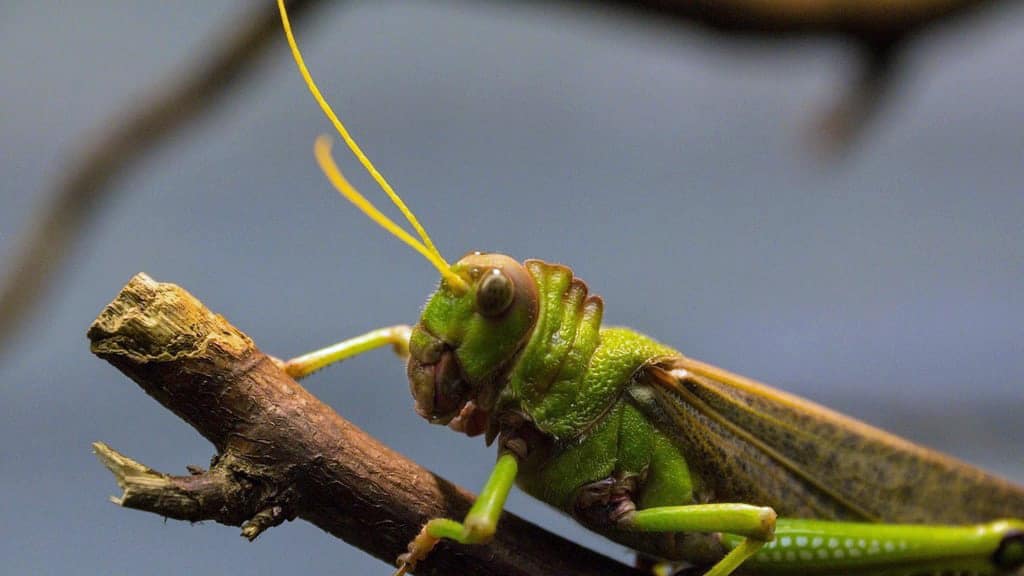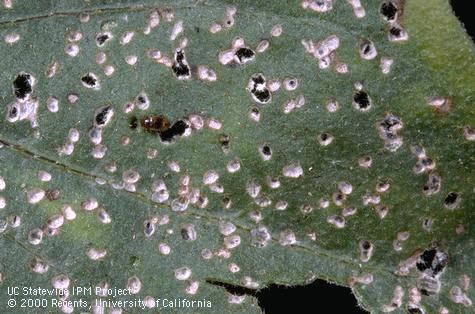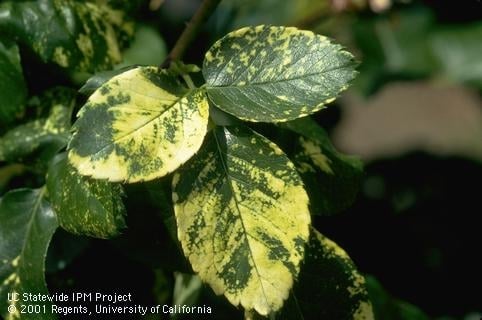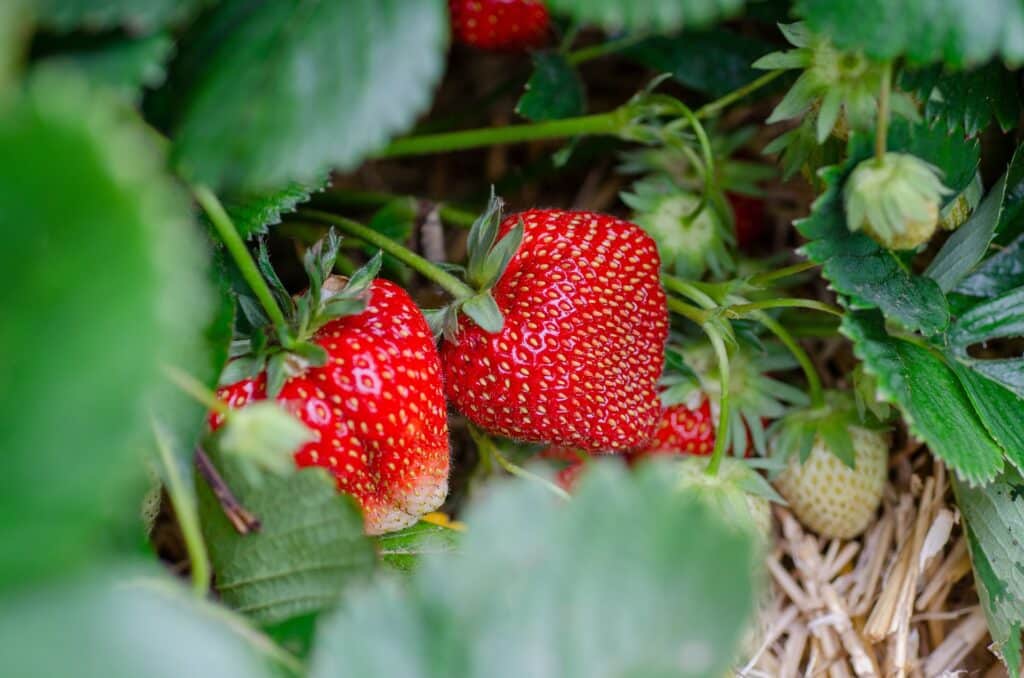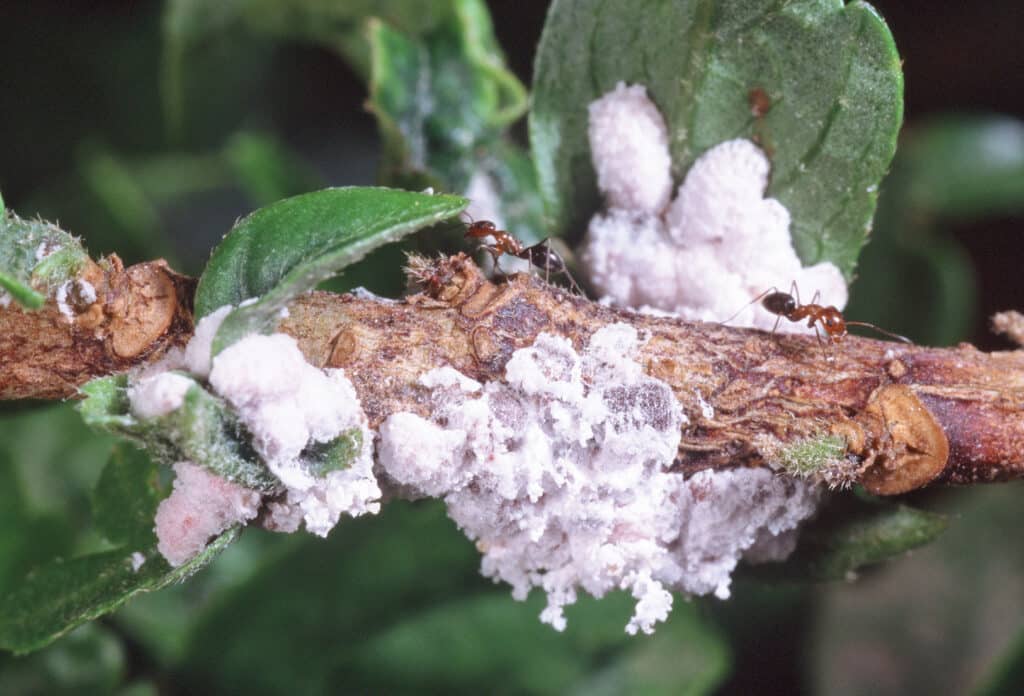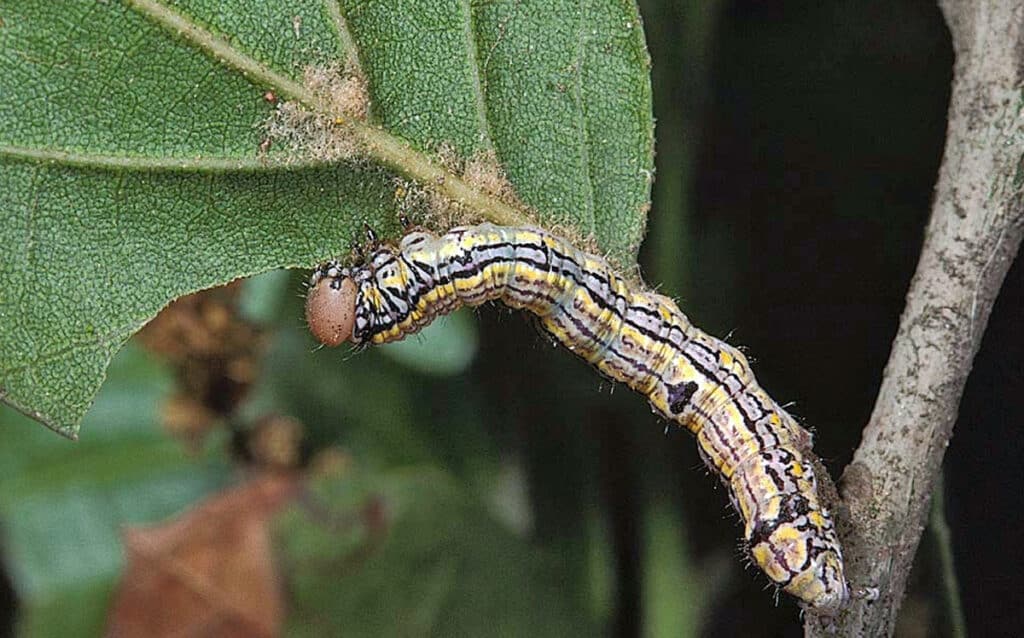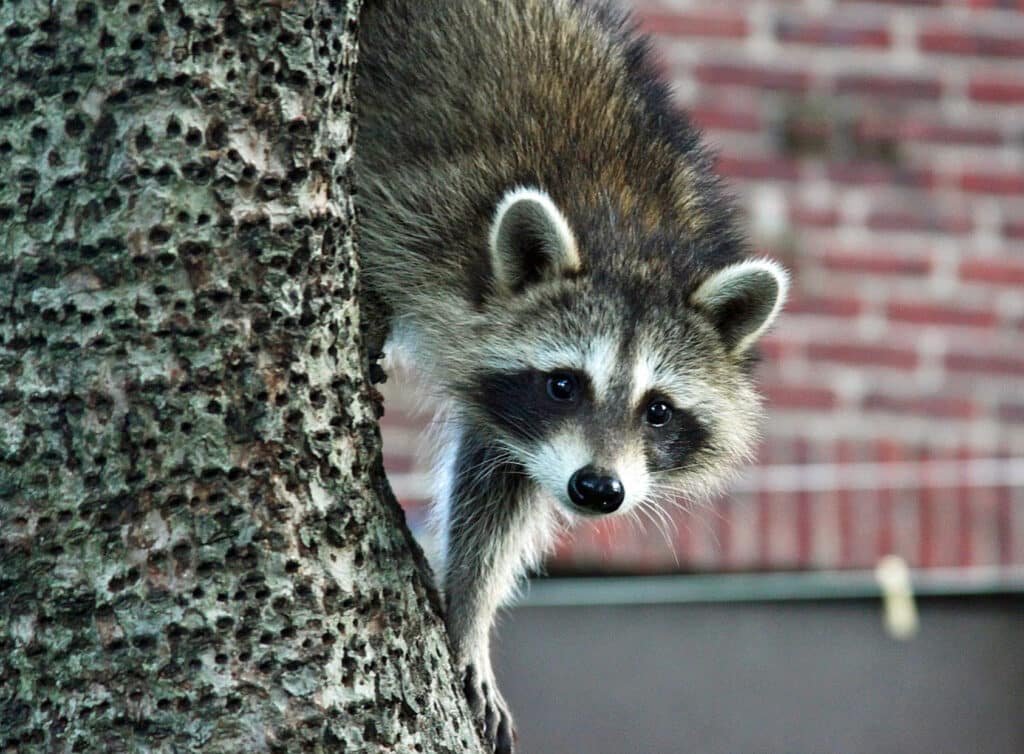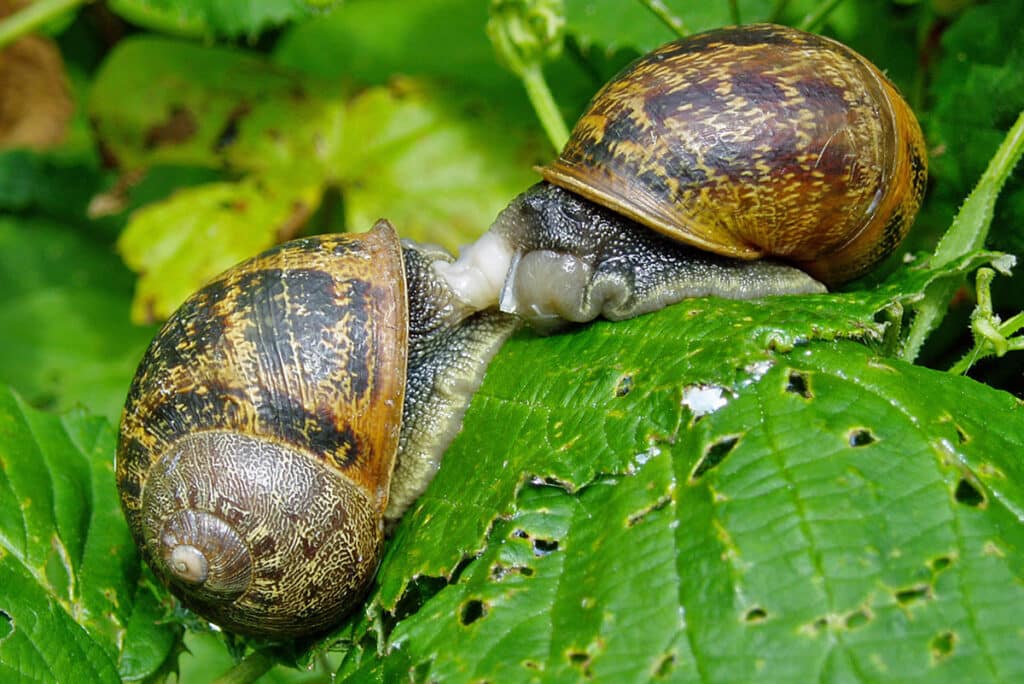FAQs: Moles, Voles & Gophers
Gophers are one of the most destructive rodents in the garden damaging a huge array of plants including shrubs and trees. Voles, also known as meadow mice, are also a rodent pest. Moles, on the other hand, are not rodents, and while they can make a visual mess of your lawn, they are actually good […]
FAQs: Moles, Voles & Gophers Read More »
